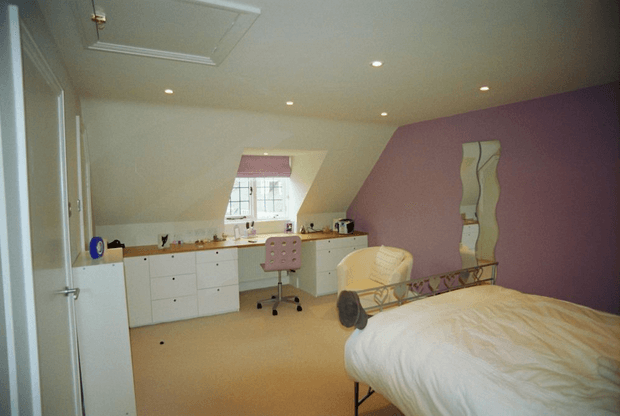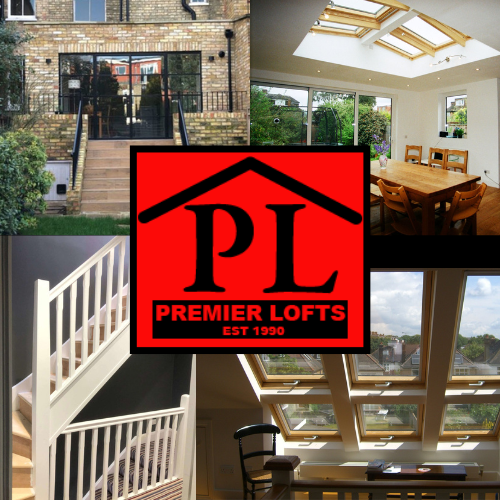Planning Permission is something that many, if not most building and conversion projects will need in order to proceed. Be it a conversion, kitchen extension or even a basement project, you will need to apply for the relevant Planning Permission.
Once permission has been granted, UK law requires the works to commence within a 3 year period, after which time you will need to reapply.
And, contrary to belief, it isn’t limited to specific areas of the UK. From those looking to go ahead with loft conversions in London, to those seeking to change the shape of a part of their house’s exterior, you need the correctly granted permission.
While some may believe that you can just go ahead with any proposed works on a property; be it residential property or commercial, this is not the case.
There are many environmental and social factors that need to be taken into account by an accountable, responsible and informed body – the Local Planning Authority (LPA), factors such as interruptions in greenery to the area, impact on the surrounding area and impact upon other residents, amongst various other considerations are taken into account by your LPA, upon your submission of a Planning Permission application.
The Town and Country Planning Act 1947, requires that all new buildings, or ‘…material changes of use in any land or building…’ must submit an application to their LPA for Planning Permission.
Making a Planning Permission Application
There are some projects and properties that don’t require Planning Permission however. For example, some industrial premises and warehouses; whilst subject to other terms and conditions are not required to apply for the same Planning Permissions as those for houses and residencies. This also applies to demolition projects (as they require special permission to go ahead with the demolition works.)
However, it is worth keeping in mind that if you, the proprietor or the manager of the works to be carried out believes that the works might have an impact on local residents or the local area, it is your responsibility to apply for the relevant permission.
If your project though directly benefits the local community and it is approved by them through the correct channels, you may be granted permission to proceed through the Community Right to Build.
As part of the application process, you will need to submit plans of the proposed works and the impact it could have on the local area and residents. Additionally, you will need to submit landscaping and special needs and requirements. Only once all these factors are fully considered will permission be granted or refused.


